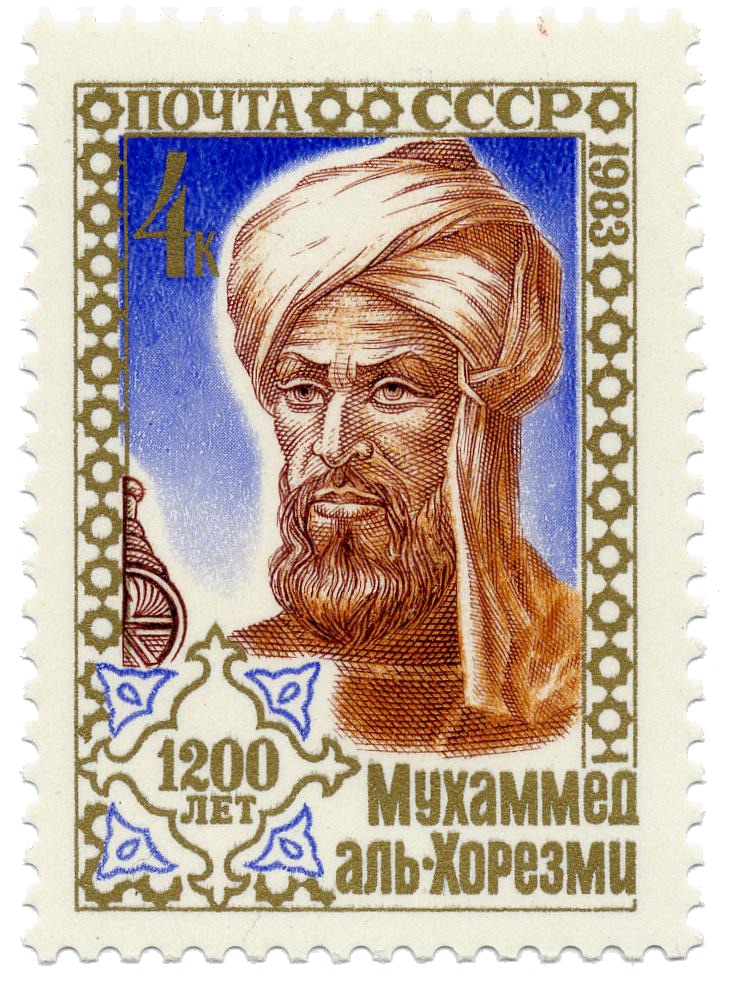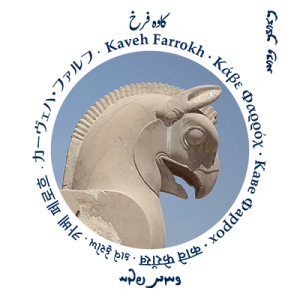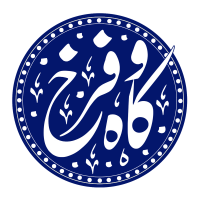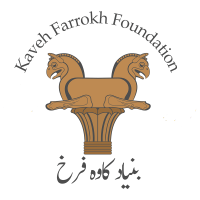The article below was originally posted on the Al-Jazeera News Outlet on October 20, 2015. Excepting the video, the version posted below contains pictures and accompanying captions not featured in the original Al-jazeera report.
Kindly note that in recent decades, especially after 1979, there while there has been a tendency to de-emphasize the Iranian origins of “Islamic” scholars, original Arab and Muslim sources themselves have been clear as to the contributions of the Iranians to Learning, Mathematics, Sciences and Medicine.

Arab scholar and historian Ibn Khaldun (1332-1406 CE) ranked among the greatest in history, on par with the earlier Greco-Roman historians such as Plutarch or Xenophon; states the following in his work, The Muqaddimah Translated by F. Rosenthal (III, pp. 311-15, 271-4
“…It is a remarkable fact that, with few exceptions, most Muslim scholars…in the intellectual sciences have been non-Arabs…thus the founders of grammar were Sibawaih and after him, al-Farisi and Az-Zajjaj. All of them were of Persian descent…they invented rules of (Arabic) grammar…great jurists were Persians… only the Persians engaged in the task of preserving knowledge and writing systematic scholarly works. Thus the truth of the statement of the prophet becomes apparent, ‘If learning were suspended in the highest parts of heaven the Persians would attain it”…The intellectual sciences were also the preserve of the Persians, left alone by the Arabs, who did not cultivate them…as was the case with all crafts…This situation continued in the cities as long as the Persians and Persian countries, Iraq, Khorasan and Transoxiana (modern Central Asia), retained their sedentary culture.”
For more on the historical role of Iranians in the promotion of progress see: Learning, Science, Knowledge, Technology & Medicine
= = = = = = = =
None of the great achievements of modern science would be possible without the mathematisation of science and the development of algebra.
The word algebra stems from the Arabic word al-jabr, which has its roots in the title of a 9th century manuscript written by the mathematician Al-Khwarazmi.
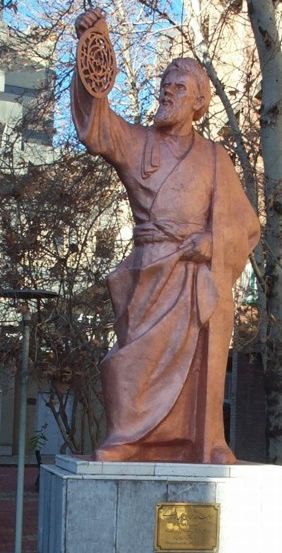
Statue of Khwarazmi in Tehran’s Amir Kabir University in Tehran (Source: M. Tomczak in Public Domain). Khwarazmi was born around 780 CE in the Persianate-region of Khwarezm (one of the regions that Khaldun described as being among the Persian countries). He passed away in Baghdad in around 850 CE.
Al-Khwarazmi’s Kitab al-mukhtasar fi hisab al-jabr wal-muqabala (The Compendious Book on Calculation by Completion and Balancing) was a pioneering piece of work – offering practical answers for land distribution, rules on inheritance and distributing salaries.
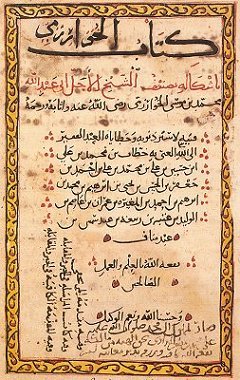
Originally Persian, Al-Khwarazmi spent his academic life in the city of Baghdad from where the Abbasid caliphs ruled and established the Bayt al-Hikma (The House of Wisdom), a renowned center of learning.
And, in the Sulemaniye Library in Istanbul, Jim uncovers a rare text by Al-Kindi, a philosopher, polymath, and musician – and perhaps the world’s earliest mathematical code breaker.
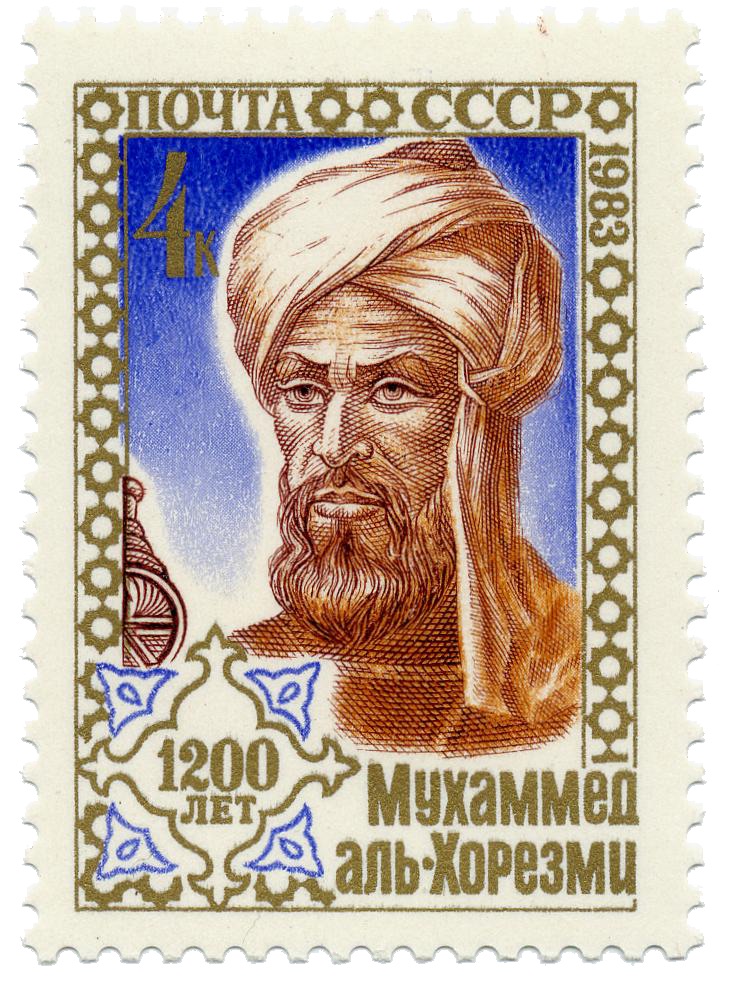
Khwarazmi is one of Iranian/Persianate civilization’s foremost scholars who has contributed to progress in mathematics, science and learning in not just Islamic but also greater human civilization.

